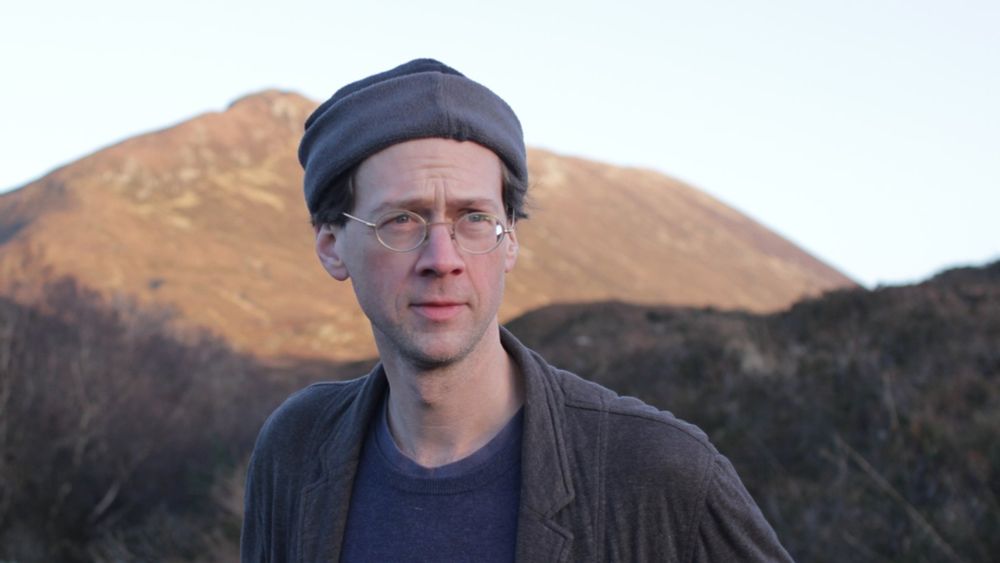IrishPhilosophy
@irishphilosophy.bsky.social
1.3K followers
390 following
460 posts
Blog: IrishPhilosophy.com
Catherine Barry, Hume Scholar, working on a PhD at Maynooth University on religious toleration in 18th century Ireland.
#EarlyModern, with a broad interest in Irish intellectual thought.
Can't reply to messages (shrug)
Posts
Media
Videos
Starter Packs
Pinned
Reposted by IrishPhilosophy
Reposted by IrishPhilosophy
Reposted by IrishPhilosophy
Reposted by IrishPhilosophy
Reposted by IrishPhilosophy
Reposted by IrishPhilosophy
Reposted by IrishPhilosophy
Reposted by IrishPhilosophy
Reposted by IrishPhilosophy
Reposted by IrishPhilosophy
Reposted by IrishPhilosophy
Reposted by IrishPhilosophy
Reposted by IrishPhilosophy
Reposted by IrishPhilosophy
Reposted by IrishPhilosophy
Reposted by IrishPhilosophy













![Excerpt from Guest & van Rooij, 2025:
As Danielle Navarro (2015) says about shortcuts through us-
ing inappropriate technology, which chatbots are, we end up dig-
ging ourselves into “a very deep hole.” She goes on to explain:
"The business model here is to suck you in during
your student days, and then leave you dependent on
their tools when you go out into the real world. [...]
And you can avoid it: if you make use of packages
like R that are open source and free, you never get
trapped having to pay exorbitant licensing fees." (pp.
37–38)](https://cdn.bsky.app/img/feed_thumbnail/plain/did:plc:c56dfqq2kropq4ys65h5pvgr/bafkreibuo2eq7v5fc7x3aokbeo224rpcwf52rtrjkgtitnqmkl64g6jory@jpeg)






